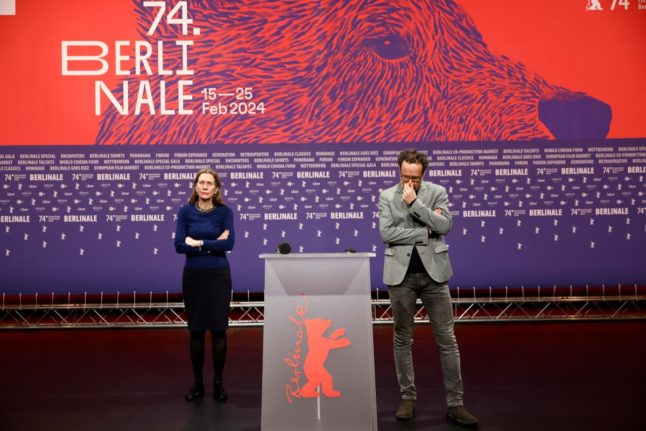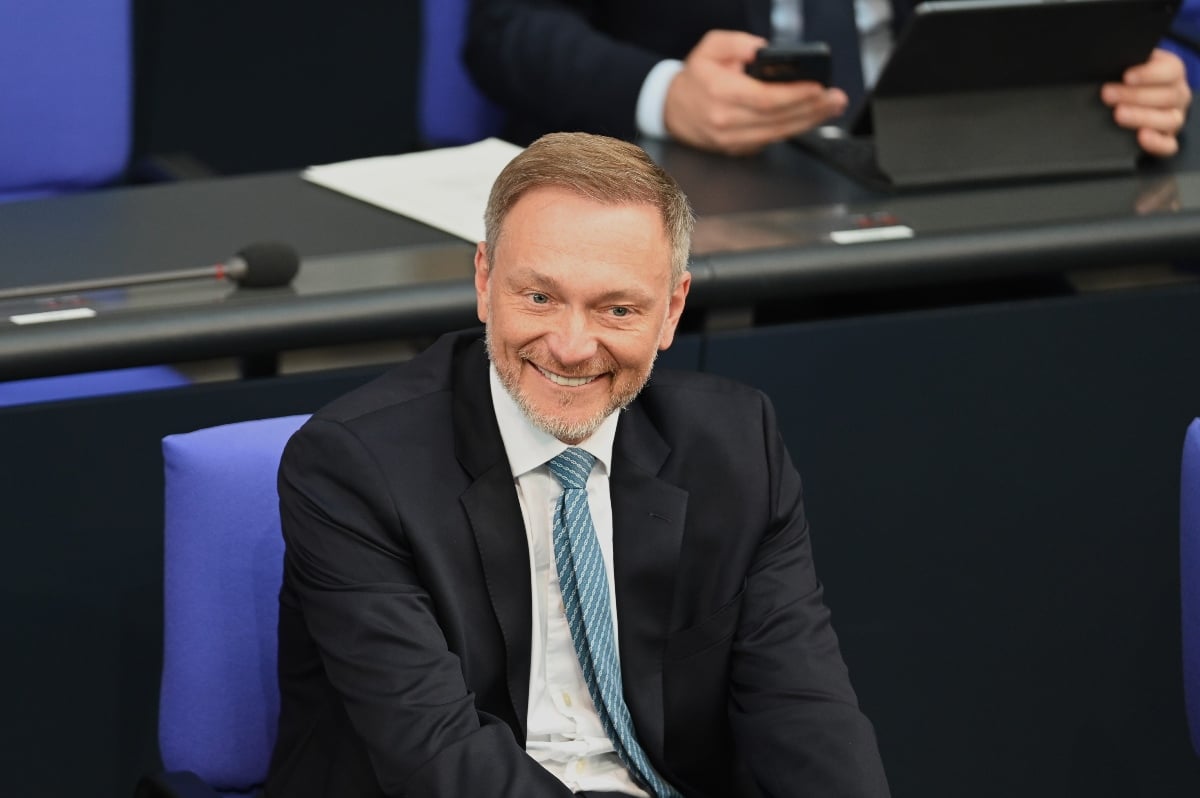According to Berlinale, five politicians from the far-right Alternative for Germany (AfD) party are no longer invited to the event’s opening gala on February 15th.
Defending its position, Berlinale put out a statement saying the AfD and many of its members have views that deeply contradict the basic values of democracy.
“We have therefore disinvited all previously invited AfD politicians in writing today and informed them that they are not welcome at the Berlinale,” said the management duo Mariette Rissenbeek and Carlo Chatrian in a statement.
Speaking to journalists on Friday, AfD parliamentary group leader Kristin Brinker slammed the decision as a “cultural-political warning”.
“With its decision, the Berlinale is bowing to the public pressure built up by cultural-political activists over the past few days,” she said, adding that the decision was not just an exclusion of AfD politicians but also an exclusion of their supporters.
“They are excluding people who are at odds with the prevailing conditions and are turning to us, the AfD, in the hope of revitalising democracy,” Brinker said.
The inclusion of AfD members was less controversial in previous years, but this year’s Berlinale comes after massive protests against the AfD and right-wing extremism swept Germany.
An estimated 150,000 protestors rallied against the AfD in Berlin on February 3rd as part of series of demonstrations that were sparked by a “Correctiv” investigation which exposed a plan discussed by AfD members to deport immigrants from Germany.
READ ALSO: Could the far-right AfD ever take power in Germany?
Why were alt-right leaders invited to the international film festival?
Normally Berlinale delivers a quota of invitations to both the Federal Government Commissioner for Culture and the Media and the Berlin Senate, which are then distributed to democratically elected members of all parties in the Bundestag and Bundesrat.
It was through this process that AfD members received their invites.
Berlinale has emphasised that the discussion on how to deal with AfD politicians affects many German organisations and festivals.
“This debate must be conducted by society as a whole and together with all democratic parties,” said a statement by Berlinale.
READ ALSO: Berlinale – Diversity and Nazi past in spotlight at 70th Berlin film festival
According to Minister of State for Culture, Claudia Roth, this debate could also happen at a Berlinale opening.
A representative for Roth told DPA: “It is up to the Berlinale management to make the final decision on who they invite to the opening and who they don’t, and we respect this decision.”
But she added: “It is understandable that filmmakers from Germany, Europe and the world are campaigning for racists and enemies of democracy to have no place at the Berlinale.”
AfD Parliamentary group leader, Kristin Brinker, will comment on the disinvitation in the Bundesrat on Friday.




 Please whitelist us to continue reading.
Please whitelist us to continue reading.
Member comments